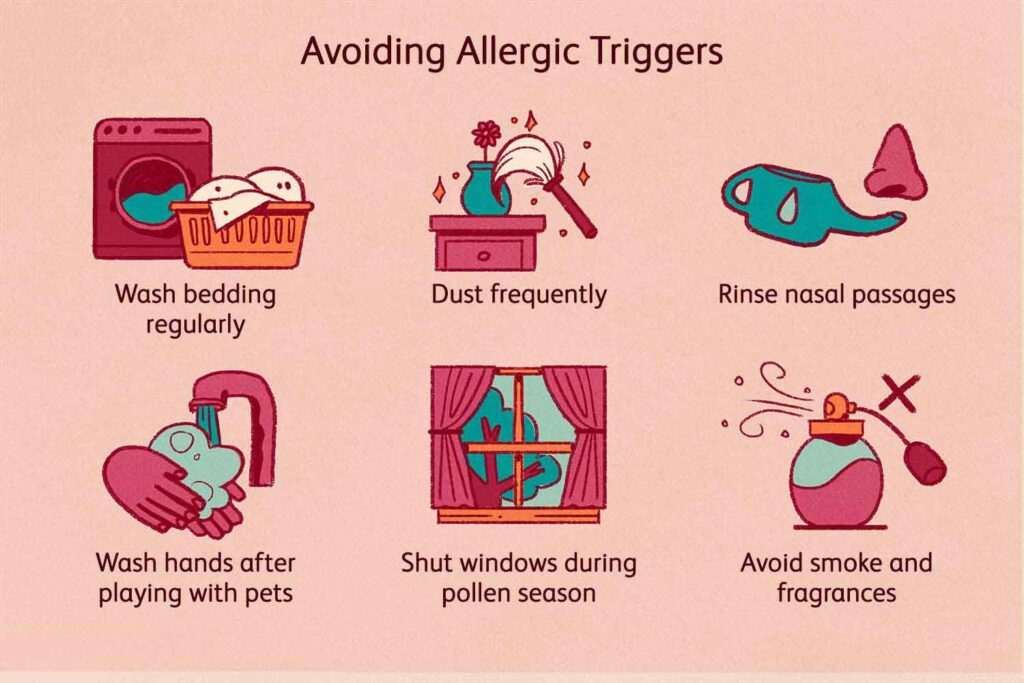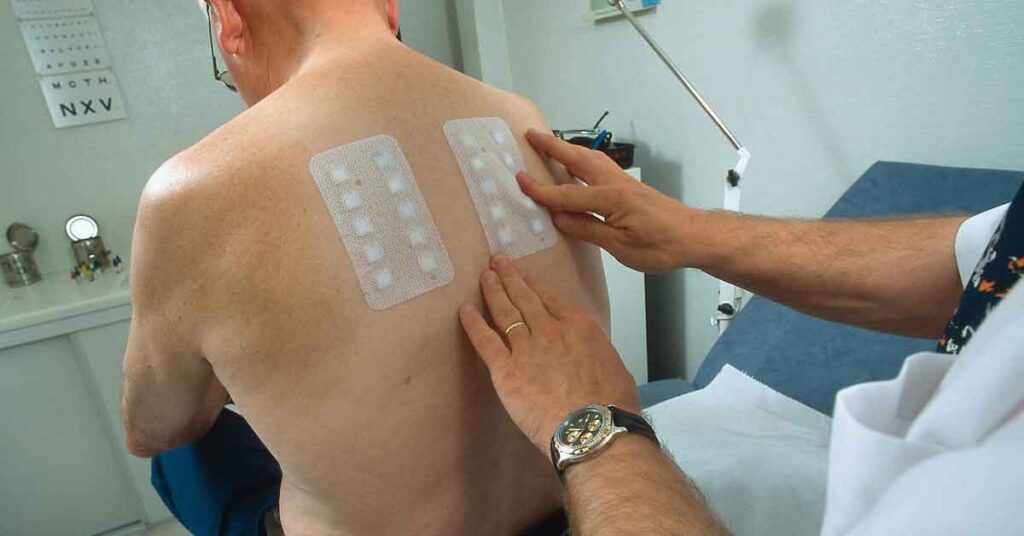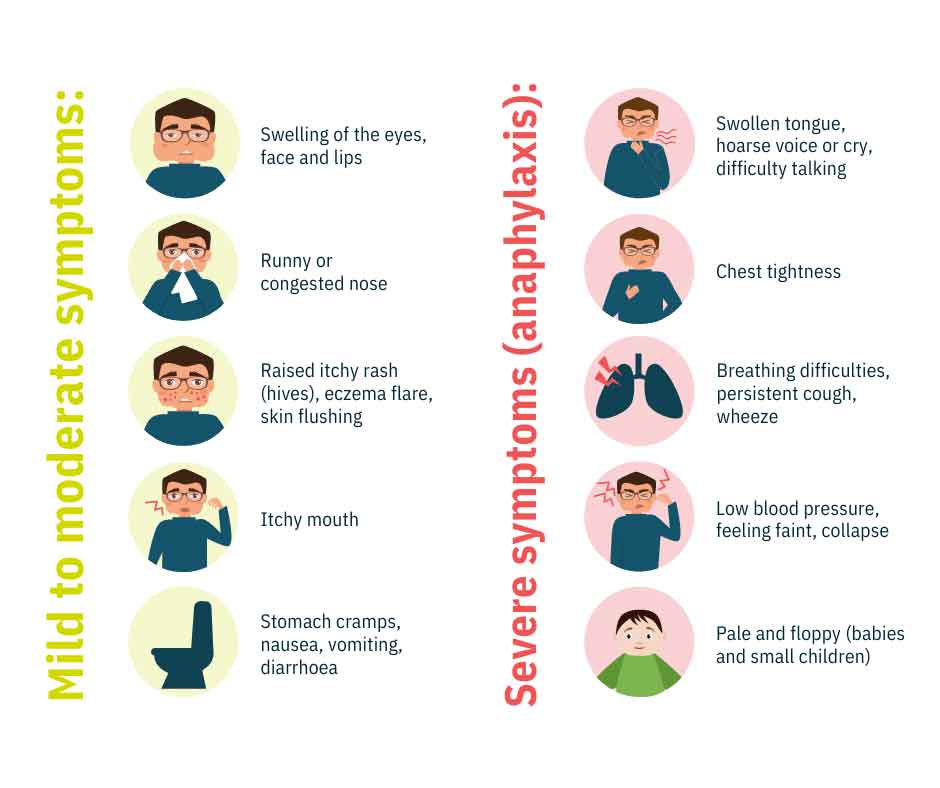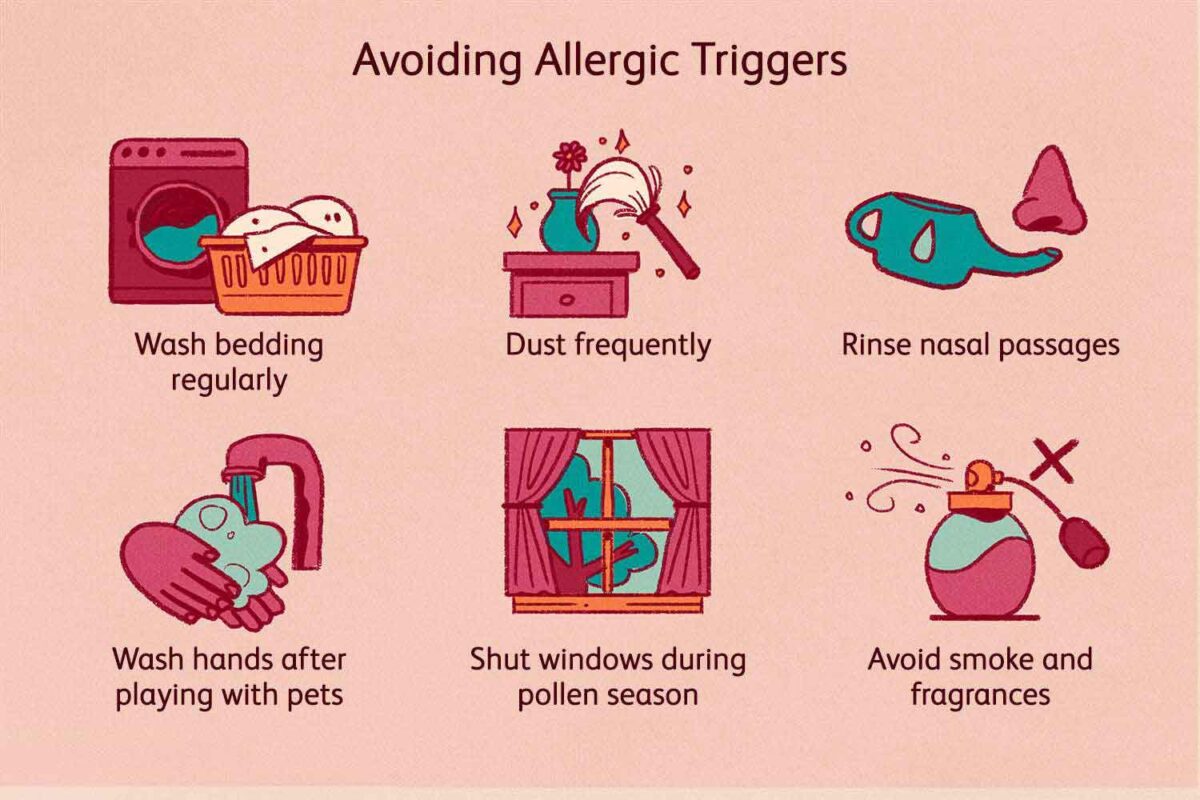Allergy Management in Primary Care Setup
Our immune system protects us from foreign substances or allergens by producing histamine. This reaction to an allergen is known as an allergic reaction which causes inflammation, sneezing, or coughing. Some allergic reactions are mild but some are severe and life-threatening. These life-threatening allergic reactions are termed anaphylaxis. Anaphylaxis reactions are rapid and cause damage within seconds or minutes of exposure to an allergen. Rarely the reaction may occur days after the encounter with an allergen. The reaction may occur in phases with a gap of around 12 hours known as a biphasic reaction.
Allergic conditions are the most widely recognized life-altering and in some cases life-threatening, disorders influencing a large number of people around the world. Intermittently, individuals with sensitivities and their health care suppliers disregard talking about the symptoms of allergy, and in this way, appropriate diagnoses are not made and treatment isn’t started.

What is an Allergic Reaction?
The immune system releases a high amount of chemicals against allergens that cause the body to go into a state of shock as well as the blood pressure drops suddenly, airways narrow causing difficulty in breathing. The blood vessels may burst causing edema (swelling due to accumulation of fluid in the body).
These reactions are triggered due to food like milk, eggs, fish, crustacean shellfish, wheat, soy, peanuts, or tree nuts, venom from insect stings like bees, wasps, and ants, or medication like antibiotics. People with allergic skin conditions or asthma are at high risk of anaphylaxis.
Common signs of anaphylaxis are itchy or raised skin, red skin rash; swollen eyes, lips, hands, and feet; feeling lightheaded or faint; swelling of the mouth, throat, or tongue that can lead to breathing and swallowing difficulties; wheezing; abdominal pain; nausea and vomiting; sudden collapse or unconsciousness.

Primary Care Physician Handling Allergic Reactions
Primary care physicians (PCPs), who for the most part are expected to treat comorbidities rather than the reason for the allergic illness, are at the front of this unavoidable issue. Overseeing sensitivities can be testing, particularly since the cutting-edge lifestyle promotes less rest, a less nutritious eating routine, and less physical activity. These lifestyle factors add to expanded and more awful allergic symptoms. The issue is exacerbated by various environmental, patient information holes, and behavioral conditions. PCPs have been given little direction about altering treatments to individual peculiarities because of the previously mentioned factors. There are not many, approved allergy board devices that can be finished web-based by a patient at home or in a sitting area preceding an office visit that can work out and score a scope of known and unsurprising things related to allergy severity and triggers. Such a device would permit clinicians to recognize allergy triggers for every one of their patients and empower them to make an individualized treatment routine for each quiet, possibly expanding effective allergy to the executives, particularly in nonallergy expert settings.
Your PCP could likewise suggest either of the accompanying tests. Notwithstanding, know that these allergy tests can be falsely certain or falsely negative.
- Skin test : Your skin will be pricked with limited quantities of the proteins tracked down in like manner allergens. If you’re allergic, you’ll probably develop a raised bump (hive) at the test area on your skin.
- Blood test : Explicit IgE (sIgE) blood testing, generally called radioallergosorbent test (RAST) or ImmunoCAP testing, measures the amount of allergy-causing antibodies in your bloodstream, known as immunoglobulin E (IgE) antibodies. A blood sample is shipped to a medical research center, where it very well may be tested for proof of aversion to potential allergens.
Assuming your supplier thinks your concerns are brought about by some different option from an allergy, different tests could help distinguish — or preclude — other medical issues.

Management and Treatment of Allergic Reaction
Albeit various management and therapeutic procedures are accessible, sensitivity to environmental conditions, triggers, and meds are a significant clinical and general health concern. Multiple in 10 patients introduced to general practice in the US is supposed to have an analyzed allergic illness influencing their satisfaction, day-to-day execution, and efficiency. A few clinical rules are accessible to assist clinicians in everyday practice by recommending nonexclusive ways to deal with allergy management. Notwithstanding, few simple and cost-effective clinical devices are accessible explicitly for evaluating allergies and in this manner recommending drugs without alluding patients to allergy-trained professionals.
- Allergen avoidance : Your PCP will assist you with doing whatever it may take to recognize and stay away from your allergy triggers. This is by and large the main move toward preventing allergic reactions and reducing symptoms.
- Medications : Contingent upon your allergy, meds can assist with reducing your immune system response and simple symptoms. Your PCP could propose nonprescription or doctor prescribed drug as pills or fluid, nasal showers, or eyedrops.
- Immunotherapy : For serious allergies or allergies not feeling better by other treatments, your PCP could suggest allergen immunotherapy. This treatment includes a progression of injections of purified allergen extracts, normally given over a couple of years. One more type of immunotherapy is a tablet that is set under the tongue (sublingual) until it breaks down. Sublingual medications are utilized to treat some dust allergies.
- Emergency epinephrine : In case of a serious allergy, you could have to convey emergency epinephrine taken shots consistently. Given for serious allergic reactions, an epinephrine shot (Auvi-Q, EpiPen, others) can reduce symptoms until you seek emergency treatment.
It is important to control the reaction as early as possible as this might be life-threatening to the patient. Blood tests are done to measure the amount of tryptase enzyme as well as tests to determine the reason for allergy (if not known to the patient).
Apart from the allergic reaction, it is important to treat the damage caused by an anaphylactic reaction like cardiopulmonary resuscitation (CPR) is given if breathing stops or the heart stops beating. Oxygen is given in case of breathing difficulty or antihistamines and cortisone are given to reduce the inflammation. Beta-agonist also helps in relieving breathing difficulties.

Outlook
Knowing the triggers is important to avoid anaphylactic reactions in the future. Precaution is better than cure in case of an anaphylactic reaction. To avoid food and medicine allergies it is important to get an allergy test done and avoid the food to which the body is allergic too. For insect stings, doctors provide a preventative treatment called venom immunotherapy (or venom allergy shots).
Our board-certified doctors, nursing professionals, and other team members are committed and knowledgeable. We are renowned for quickly identifying and treating any serious and chronic allergic conditions. We are here to help.
Call Texas Specialty Clinic at (469) 545-9983 to book a telehealth appointment for a home check-up.

